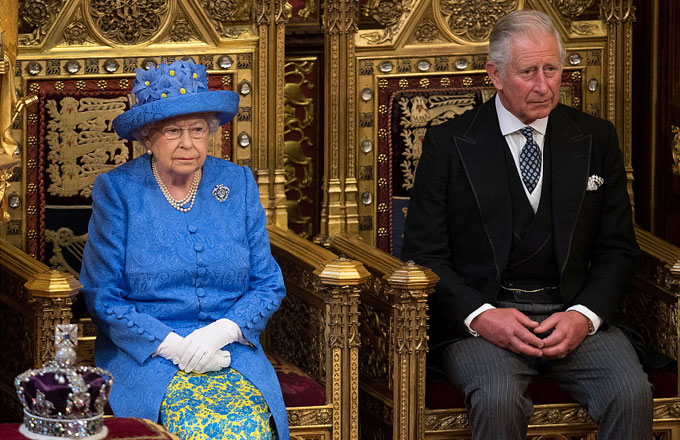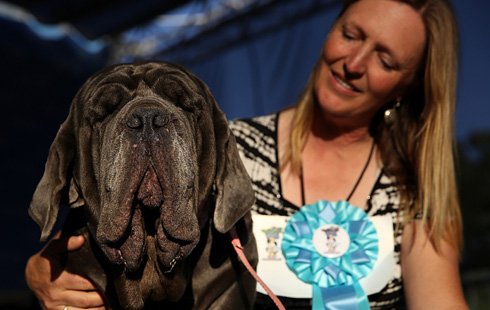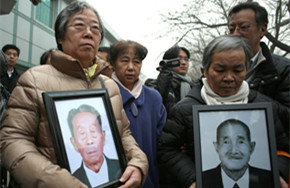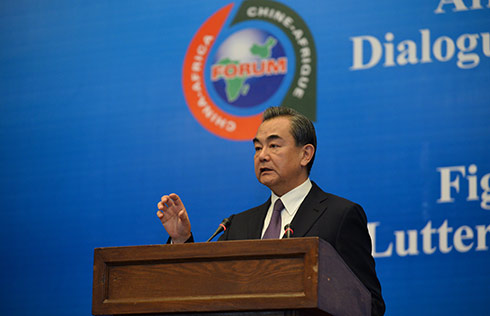UK Conservatives agree deal to secure parliamentary majority
UK Prime Minister Theresa May and her Conservative Party struck a deal with the small Northern Irish Democratic Unionist Party on Monday that will allow her a slim majority in parliamentary votes.
|
 |
|
Britain's Prime Minister, Theresa May, poses for a photograph with Democratic Unionist Party (DUP) Leader Arlene Foster, in front of 10 Downing Street, in central London, Britain June 26, 2017.???[Photo/Agencies] |
May will now be able to muster an effective working majority of 13, given that the Irish republican partySinn Fein does not take up its seven seats in the House of Commons and Speaker John Bercow and his three deputies – two of whom are Labour MPs – do not take part in votes.
The deal is not a formal coalition, rather a so-called confidence and supply arrangement, under which the DUP will line up with the United Kingdom government on key parliamentary votes, such as supporting the Queen's speech and the budget.
May met DUP leader Arlene Foster and colleagues at her official residence in Downing Street, London, to finalize the pact.
Media reports said the DUP had been seeking an extra 1 billion pounds ($1.3 billion) in funding for various projects in Northern Ireland, though Foster and her colleagues played down such speculation.
"We share many values in terms of wanting to see prosperity across the UK, the value of the union, the important bond between the different parts of the UK," May said following the meeting. "We very much want to see that protected and enhanced and we also share the desire to ensure a strong government."
May, who inherited a 17-seat majority a year ago when she took over from David Cameronas prime minister, called an unexpected general election that was held on June 8 in the hope of strengthening her hand. In the end, she became weaker, with her party failing win the 326seats needed for a parliamentary majority, and needing the support of the DUP to continue in government.
May had wanted a firm and clear mandate to negotiate Britain's exit from the European Union.
Her poor showing in the polls meant she had to drop most of the more controversial plans in her election manifesto. Last week's Queen's Speech, which formally sets the government's agenda ahead of a new term, focused mainly on Brexit negotiations, which got under way last Monday.






















